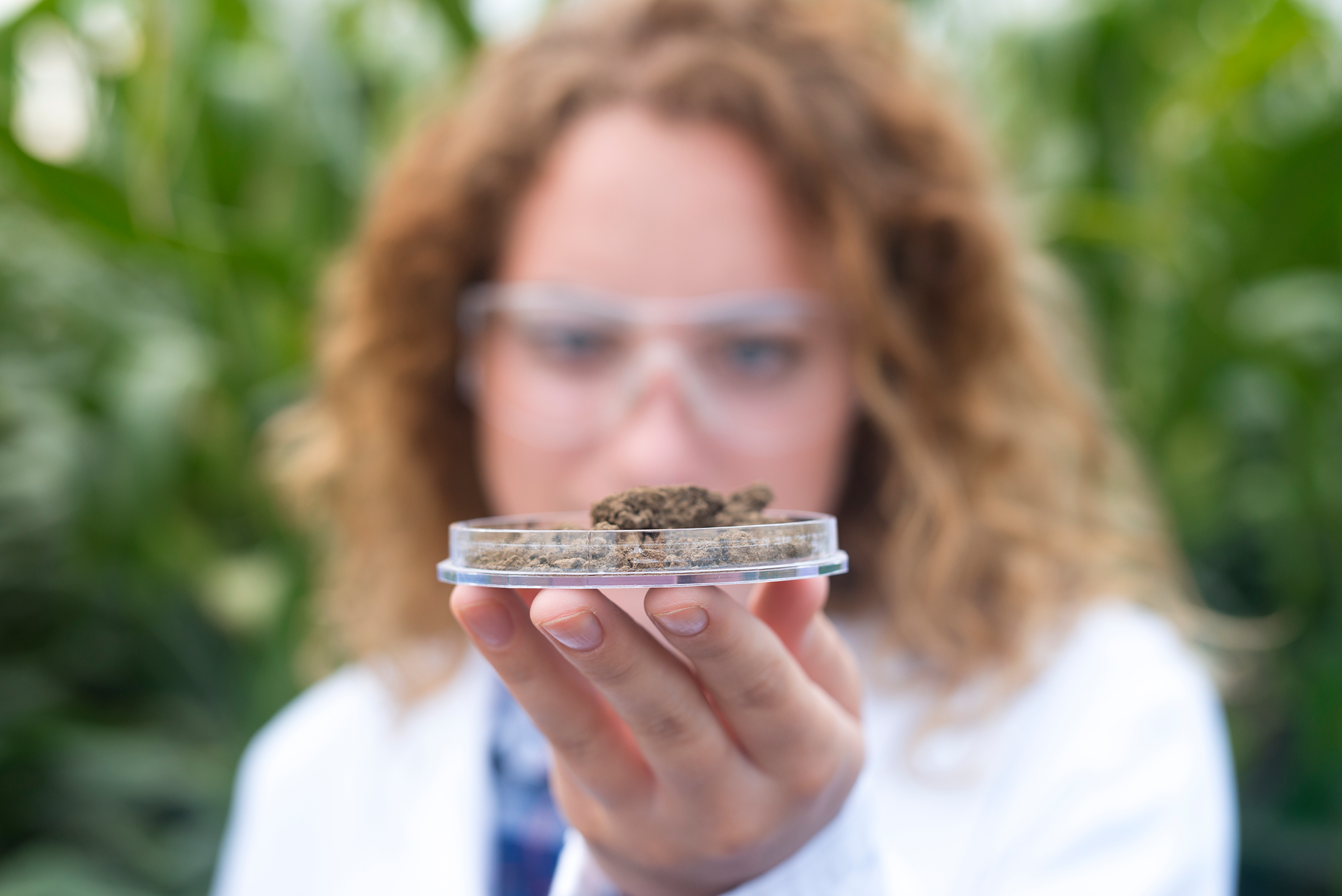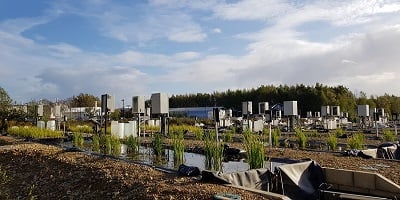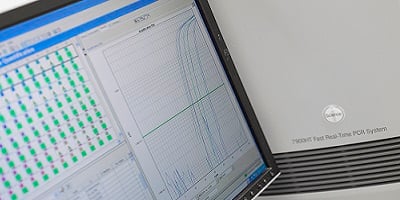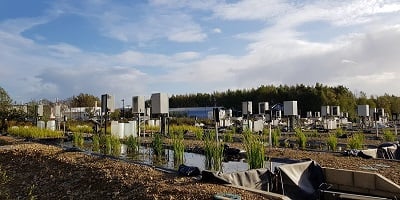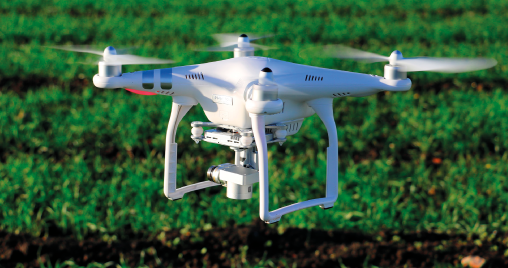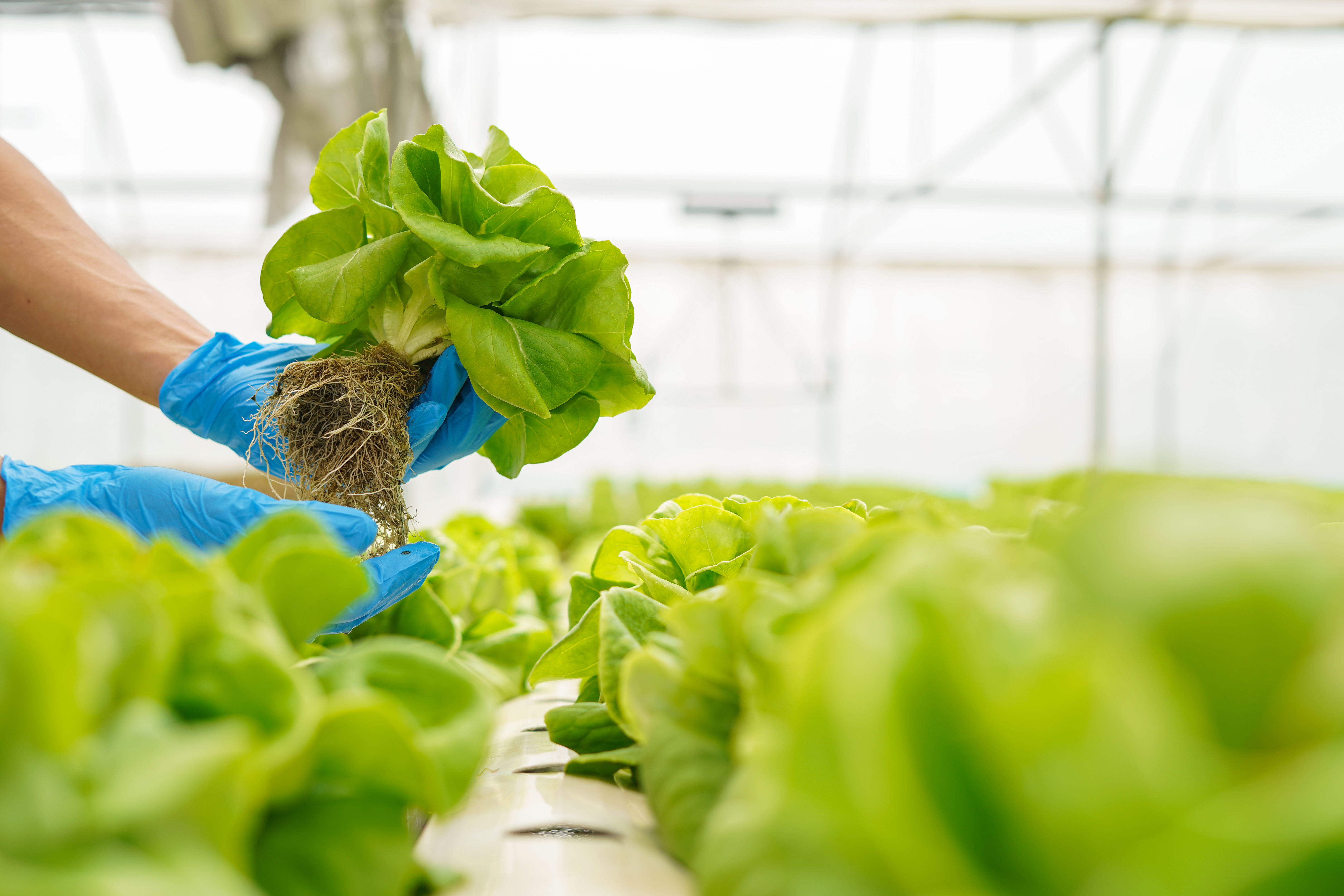Numerous factors are threatening the sustainability and resilience of food supply chains around the world.
By 2050, the global population is expected to reach a colossal 9.7 billion; that’s two billion more mouths to feed than in 2020. Likewise, as a result of climate change, extreme weather events such as droughts, heatwaves and flooding are also predicted to multiply , meaning a greater risk of disrupted growing conditions and transportation routes.
There’s also the constant uncertainty of global political factors. For example, Brexit has affected Britain’s import and export activity, and the ripple effect of conflict in Ukraine has reduced produce availability across international supply chains. To help protect global access to a safe and nutritious food supply, and safeguard the environment in the process, continued research, i
nnovation and knowledge transfer among industry stakeholders is vital.
What are the features of a sustainable food supply chain?
The FAO uses a ‘triple bottom line’ approach to define sustainability within any food supply chain.
The three crucial elements are:
- Environmental sustainability
- Social sustainability
- Economic sustainability
When analysing the sustainability of food systems, these multidimensional factors should all be considered.
Why is sustainability important in the food supply chain?
As food supply chain management has such a significant influence on the economy, nature and society, a sustainable and responsible approach within the industry is pivotal.
Environmental sustainability- Healthy, natural resources, including soil, water, air and biodiversity, are fundamental to the productivity of our food systems. Therefore, operating in an ‘environmentally-friendly' way is not only beneficial for protecting and preserving the environment, it’s also vital for the agri-food sector’s long-term commercial viability.
- A transition to ‘nature-friendly farming’ plays a key role in addressing complex food security challenges, says The Nature Friendly Farming Network. Urgent action is needed to help offset climate disruption and ensure a resilient supply of diverse and healthy food for consumers.
- Businesses in the food supply chain all depend on people to operate successfully. From employees and shareholders to the local community, corporate actions can impact, and are impacted by, many diverse groups of stakeholders.
- Upholding ethical practices, which protect the human rights of their workforce at the very minimum, helps to maintain a business’s ‘social licence to operate’. This term refers to the level of trust and approval for the company among the general public.
- Beyond this, assessing social sustainability within a supply chain includes considering how business actions add
 value to wider society. Continuous innovation within food production not only has the potential to enhance business competitiveness in the marketplace – the investment can also help provide consumers with a higher quality and greater variety of produce.
value to wider society. Continuous innovation within food production not only has the potential to enhance business competitiveness in the marketplace – the investment can also help provide consumers with a higher quality and greater variety of produce.
- To protect the future of the food supply chain, the businesses within it must be commercially viable. This means profitability is a fundamental aspect of industry sustainability.
- Minimising wastage and optimising resource use at every stage of the agri-food chain fundamentally benefits the environment, and also makes good business sense. Using inputs as efficiently as possible helps to minimise costs, which has a positive impact on the bottom line.
- Financially viable businesses are crucial to overall supply chain resilience - especially in the face of unpredictable, costly challenges such as extreme weather or pest damage.
How can the food supply chain improve sustainability?
Ongoing investment into each pillar of sustainability is vital to improve the resilience of global food production.
To develop strategies capable of tackling pressing challenges, such as rising food waste, ‘everyone in the supply chain needs to pull together’, according to NFU environment policy adviser, Aidan Gill.
Fera has seen first-hand how collaborative efforts can work. Our partner-led R&D model, Enigma, has been established to support continued research, innovation and knowledge transfer across the agri-food sector.
The model brings together scientists, producers, and industry stakeholders to find end-to-end solutions to pertinent industry challenges.
Read about the benefits project partners can gain here




